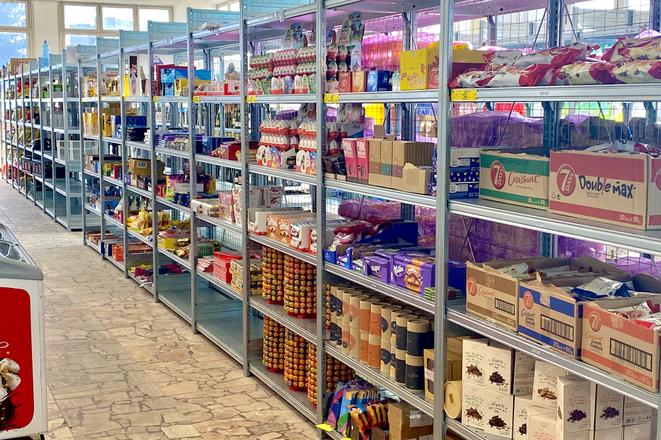Some - or possibly most - habits people developed during the pandemic are expected to remain. So are the services that responded to people's needs, including quick commerce.
Quick commerce (q-commerce), a type of e-commerce where the emphasis is on quick deliveries, typically in less than an hour, grew by tens of percent in the past years. It is projected to increase further by 2030, especially for grocery shopping. In some countries, it could reach up to 30 percent of total purchases, according to the estimates of the Finnish company Wolt, which entered the Slovak food delivery market just before the pandemic, in September 2019.
“Customers now practically expect the delivery of goods immediately, including food,” said Jana Trnovská, general director of Wolt Market for the Czech Republic and Slovakia.
With studies showing that consumers are expected to maintain 75 percent of habits from the pandemic, food delivery is on the rise. Delivery companies have grown in number, and they increased the scope of goods they are delivering. Once strictly focusing on delivering food from restaurants, they have now expanded their cooperation to retail chains such as Billa and Tesco, or even launched their own virtual supermarkets.


 Wolt Market operates two dark stores in Bratislava and one in Košice. (source: Courtesy of Wolt )
Wolt Market operates two dark stores in Bratislava and one in Košice. (source: Courtesy of Wolt )